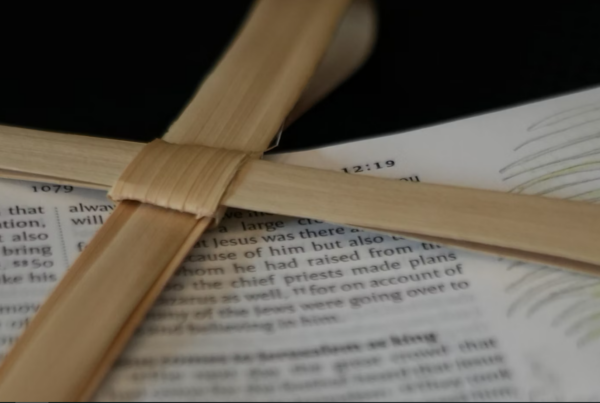I am perfectly designed for air travel. At 5’ 7”, I can fit into the overhead storage bin (though I prefer my own seat). It’s led to the endearing(ish) nickname of being “fun sized,” like the kind of candy bar that’s not even one full bite. Still, it beats the nicknames I endured growing up. I was a not-quite-tall-enough-for-sports student in a predominantly tall West Michigan. There’s something to be said for being “fun-sized.” It puts a fun spin on something usually reserved for ridicule.
Small churches are normal
In that same spirit, I’d like to call for a moratorium on the phrase “small church” to describe a church of fewer than 75, 100, or 150 members. Adding “small” to the name implies that the “small” church is abnormal. It’s not.
A study of U.S. congregations by the Association of Religion Data Archives revealed that 42 percent of congregations have fewer than 50 people involved in the life of the church, and two-thirds have fewer than 100 worshipers. In Canada, the numbers tell a similar story: 65 percent have fewer than 150.
I’m not ready to start calling congregations pulling a few dozen faithful “fun sized.” But I’m not far from it, either. Small churches, and their pastors, are worthy of celebration.
The advantages of being small
While larger churches try to get the masses to know each other, smaller churches sometimes have to end the greeting time early because people are passing the peace. And the local gossip. And questions about how your mom’s heart surgery went. The conversations extend past the worship service and into the fellowship hour. (And that’s often a full hour, flowing with questionable coffee and cookies). Churches this size often feel like family, and in a world where transience and isolation plague us, that’s no small thing.
In a so-called small church, you don’t have to hunt for people’s skill sets. When it’s possible to know everyone—at least names and a hobby or two, if not what keeps them up at night—each individual member’s contributions and personality shine through. You can readily identify the best folks to lead the singing. You know the seasoned saint who prays for everyone by name.
Small churches don’t have to compete. They can cooperate. There is something beautiful and selfless about churches banding together. They impose ashes, raise youth, launch service projects, and run scores of other ministries without fighting for top recognition. Partnering not only increases each church’s impact, it also demonstrates to the community that this is what the people of God do—they work together. Jesus prayed for that kind of unity of service.
Take heart, small churches
So here’s to you, the pastor who is also the plumber, electrician, bulletin folder, and one-who-shoos-away-the-bats. Here’s to you, church that has risen and fallen with the neighborhood when it would have been easier to move to easier pastures. Here’s to you, church folk who keep faithfully sowing the seeds of grace. While you may not headline a major conference or land a book deal, we see you and appreciate you.
If you are looking for ways to celebrate your fun-sized church while also faithfully expanding your capacity for ministry, here are a few of my favorite resources:
Disclaimer: Some of the links on this page are affiliate links, meaning that, at no cost to you, we will earn a commission if you click through and make a purchase. However, we were not paid to review or recommend any of the links on this page.
Andrew Bossardet
Andrew Bossardet is an ordained minister in the Reformed Church in America (RCA). He served on RCA staff, equipping thriving congregations, before serving as a pastor in Byron Center, Michigan. He is now chaplain for the Richard Handlon Correctional Facility.



